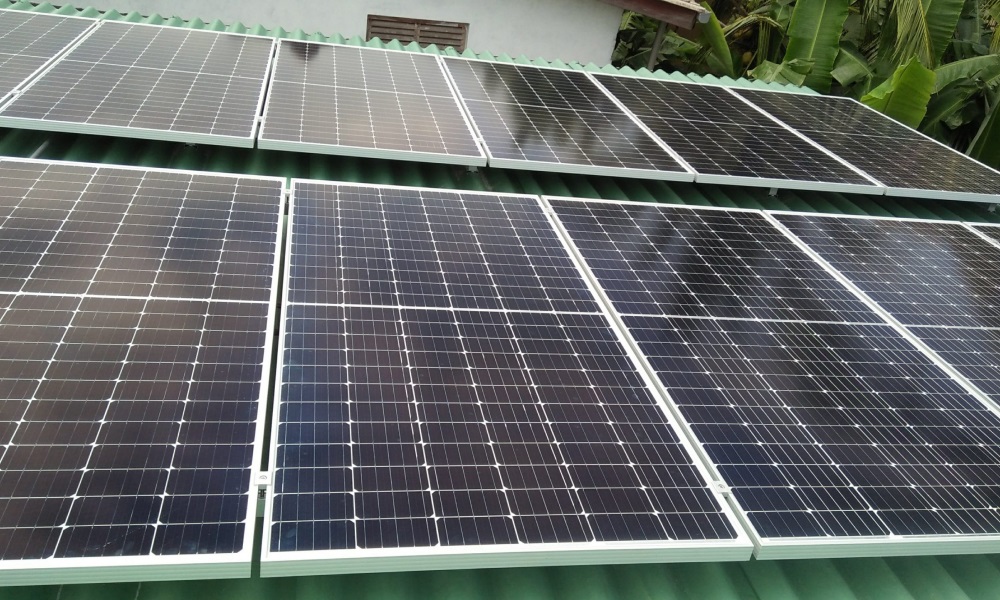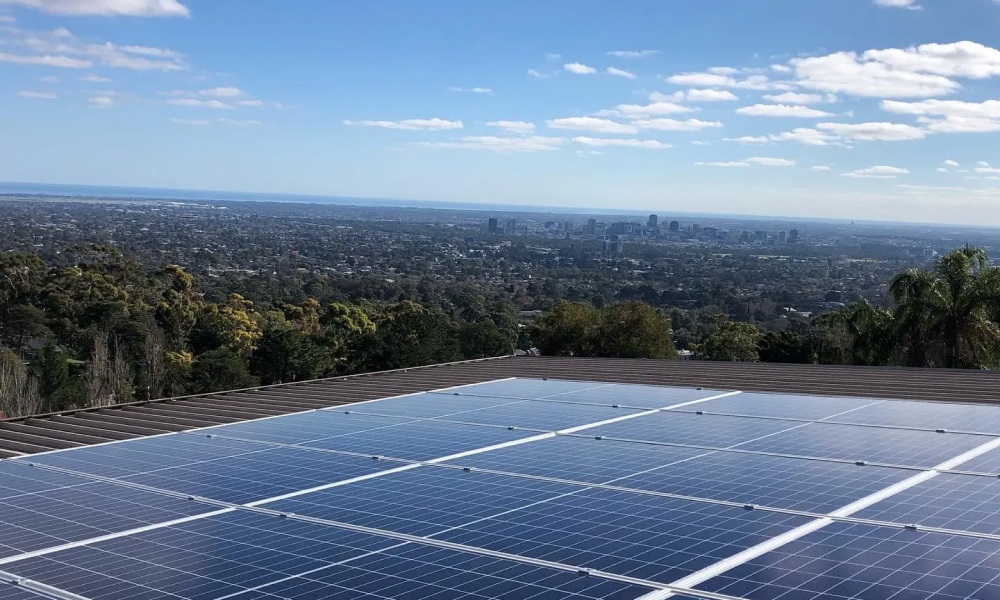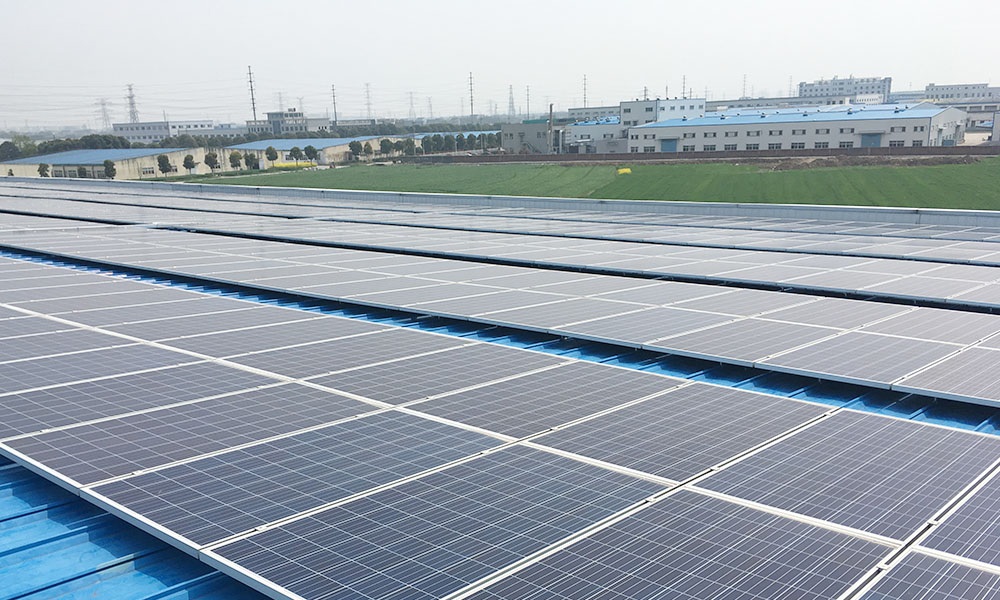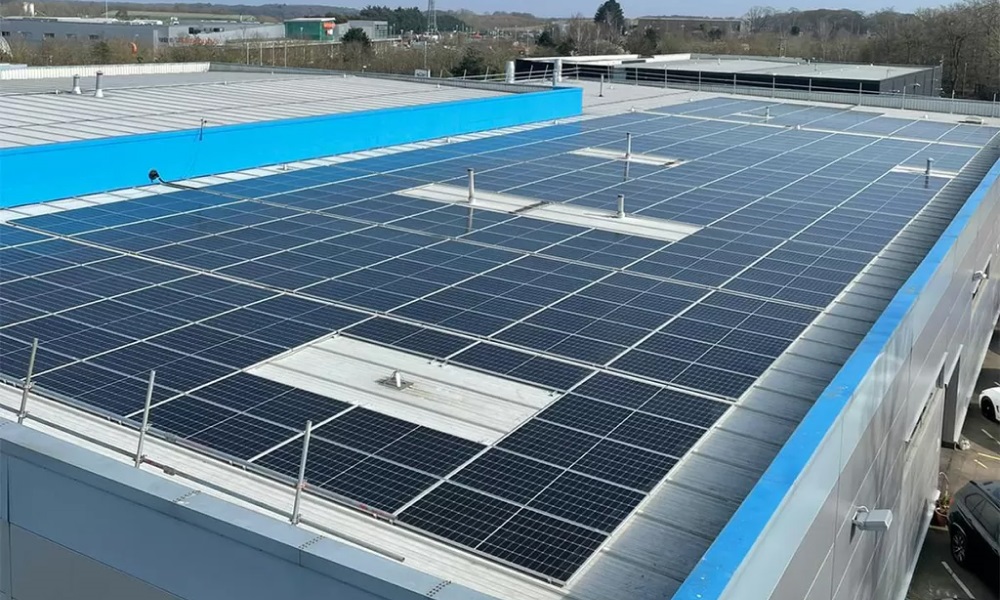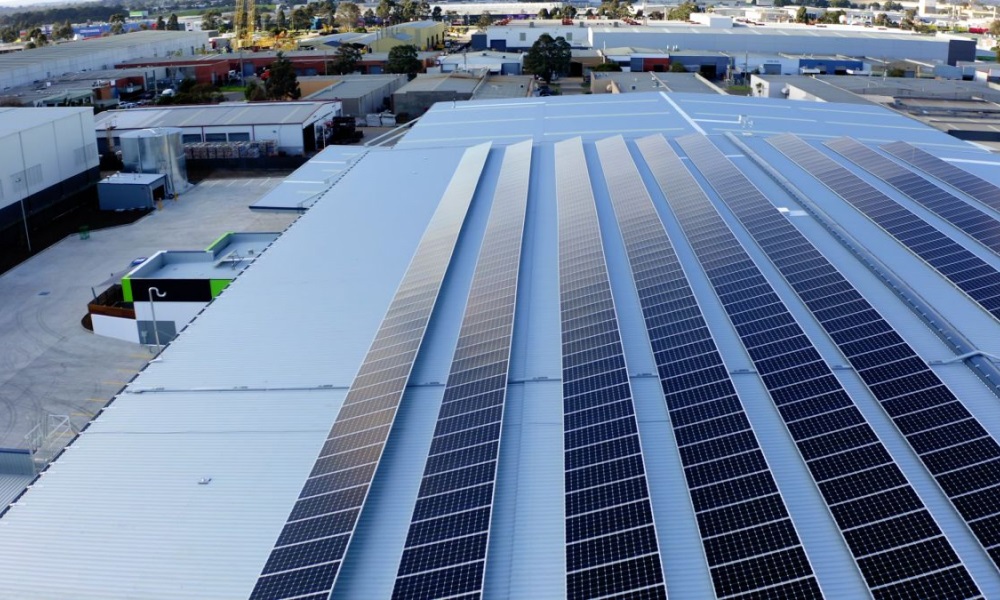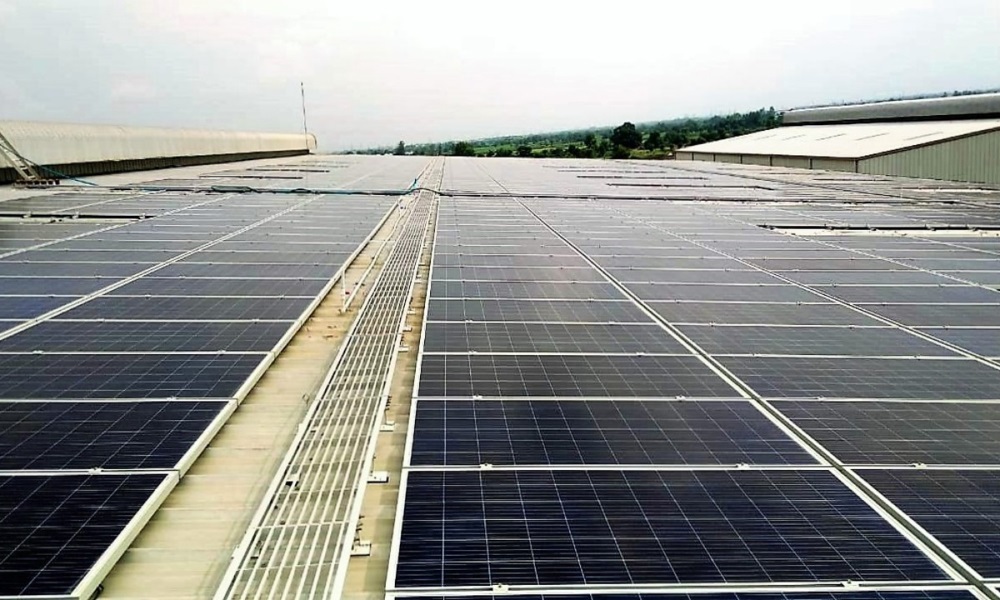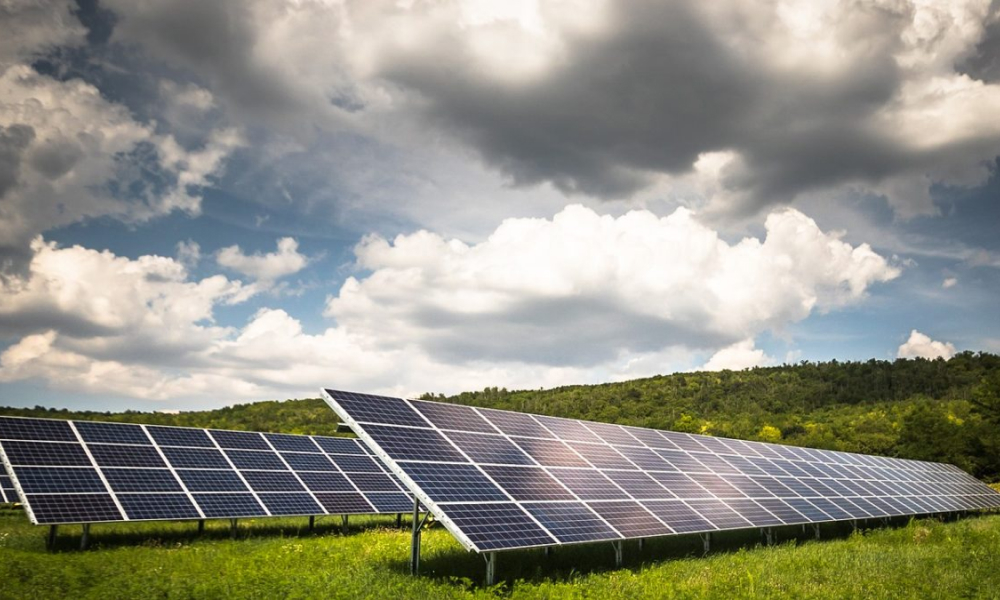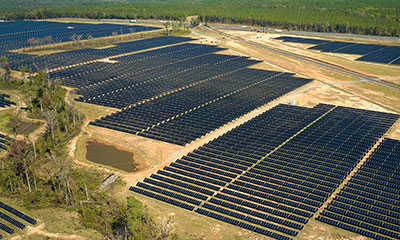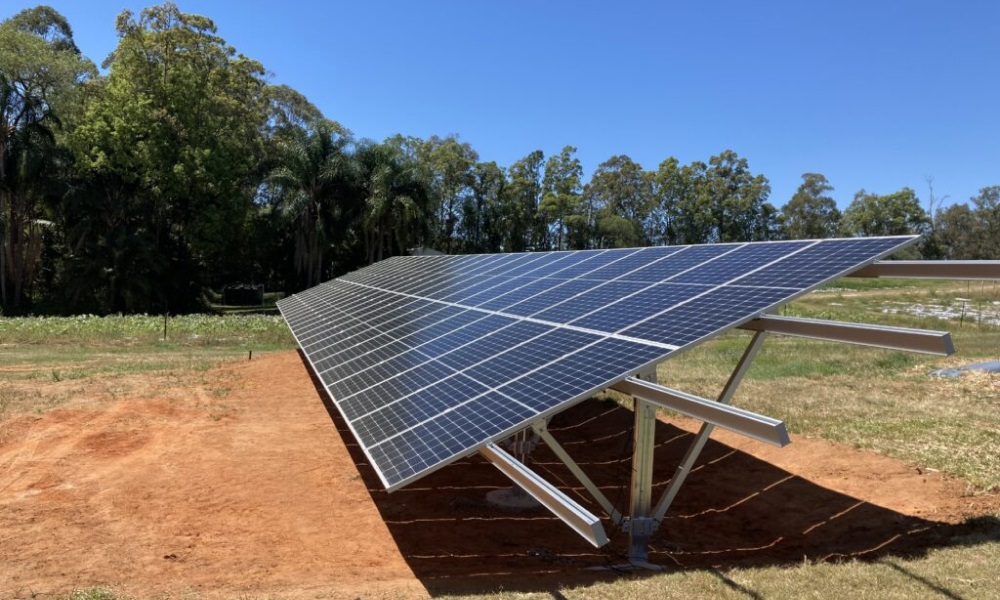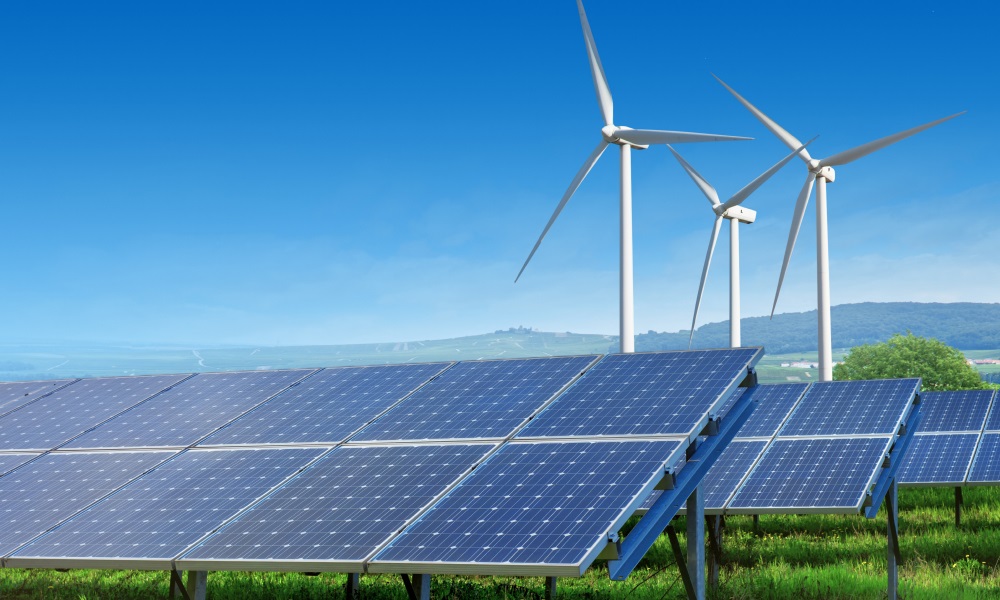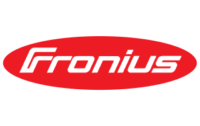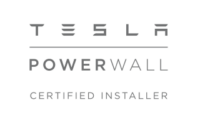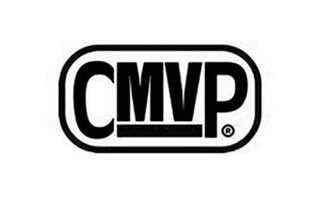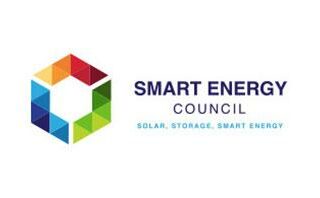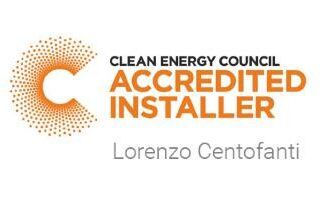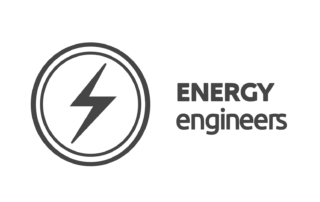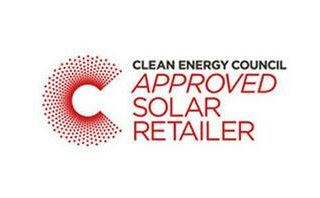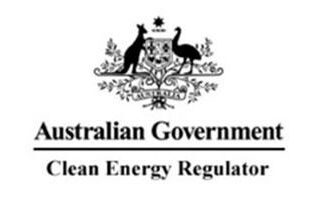Trusted by
[rank_math_breadcrumb]
Tailored Commercial Solar Systems
Energise your business with the power of the sun through our cutting-edge commercial solar systems in SA.
At Sustainable Savings, we specialise in delivering tailored solar solutions that drive efficiency and savings. Our expert team designs, installs, and maintains solar setups to meet your unique energy needs.
We help SA’s forward-thinking businesses harness the abundant South Australian sunlight to significantly reduce operational costs and carbon footprint. With a track record of successful installations, we’re your trusted partner for sustainable energy transition.
Experience reliable, long-term energy generation that empowers your business. Join the green revolution today with our top-tier commercial solar systems.
For more information or an obligation-free quote, reach out on (08) 7120 6366 today.
What Are The Best Types Of Commercial Solar Systems?
The best types depend on various factors such as energy needs, available space, and budget. Generally, grid-tied systems with or without battery storage are popular choices.
Grid-tied systems feed excess energy back into the grid, earning credits, while battery storage systems provide energy during peak times and outages. If space is limited, consider rooftop solar panels.
For larger spaces, ground-mounted systems could be suitable. High-efficiency panels like monocrystalline are recommended for maximum output. To determine the best system, consult with one of solar experts today.
Learn more about our most popular commercial solar solutions:
Solar System Solutions
What Factors Affect Commercial Solar System Cost?
The cost of commercial solar systems in South Australia can vary widely based on factors like system size, components, installation complexity, and additional features such as battery storage.
Here are the key factors that can affect the cost:
1. System Size: The size of the solar system, measured in kilowatts (kW) or megawatts (MW), is one of the most significant cost drivers. It depends on your business’s energy consumption and available roof or ground space. Larger systems with more panels will generally cost more.
2. Solar Panel Type: The type of solar panels you choose (e.g., monocrystalline, polycrystalline, thin-film) can impact the cost. High-efficiency panels tend to be more expensive but may provide better long-term performance.
3. Inverter Type: High-quality inverters may come at a higher price but can offer better performance and durability.
4. Panel Efficiency: More efficient panels can generate more electricity in less space, potentially reducing the number of panels needed but increasing the upfront cost.
5. Quality and Brand: Reputable manufacturers may charge higher prices for their products, but they often come with better warranties and long-term reliability.
6. Location and Site-specific Factors: Site-specific factors, such as roof condition, shading, roof orientation, and local weather patterns, can impact the installation process and costs. Site inspections may be necessary to assess these factors accurately.
7. Installation Costs: Labor costs for installation, including permits, labor, and equipment, make up a significant portion of the total cost. Complex installations or those with unique requirements may have higher labor costs.
8. Government Incentives: Government incentives, rebates, and subsidies can significantly reduce the cost. Check for available incentives at the state and federal levels, as they can change over time.
9. Financing Options: Options such as upfront purchase, solar leases, power purchase agreements (PPAs), and loans have different financial implications.
10. Electricity Tariffs: The current cost of electricity from the grid and the specific feed-in tariffs or net metering arrangements in Adelaide can affect the financial benefits.
For a more precise estimate, contact the Sustainable Savings team on (08) 7120 6366 for a custom quote tailored to your business.
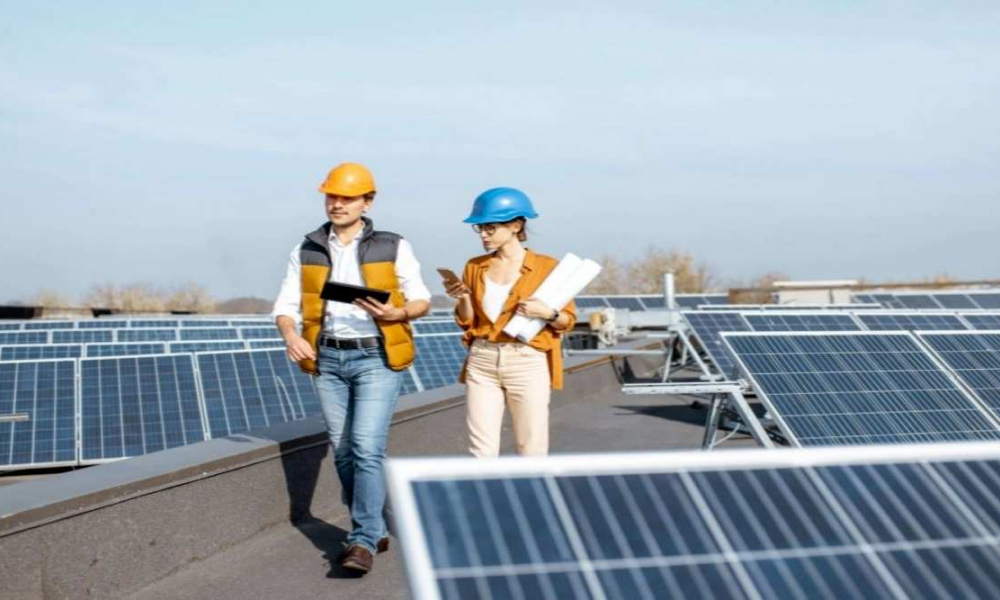
Commercial Solar System Benefits
Cost Savings: By generating your own electricity, you can significantly reduce energy bills, leading to substantial long-term savings.
Environmental Impact: Commercial solar systems contribute to reducing greenhouse gas emissions, helping combat climate change and promoting a cleaner environment.
Stable Energy Costs: Solar power provides a predictable energy source, shielding your business from fluctuating energy prices and market uncertainties.
Government Incentives: You may be eligible for Ggovernment incentives, tax credits, and rebates to help your business adopt a new solar system, making the initial investment more affordable.
Improved Reputation: Embracing sustainable practices enhances your company’s image, showing commitment to corporate social responsibility.
Low Maintenance: They require minimal maintenance, reducing operational costs.
Energy Independence: Generating your own energy reduces reliance on external sources, ensuring a more reliable power supply.
Longevity: Quality solar systems have a long lifespan, providing reliable energy for decades.
Increased Property Value: Solar-equipped properties often have higher resale values due to reduced operating costs and eco-friendly features.
What Is The Installation Process For A Commercial Solar System?
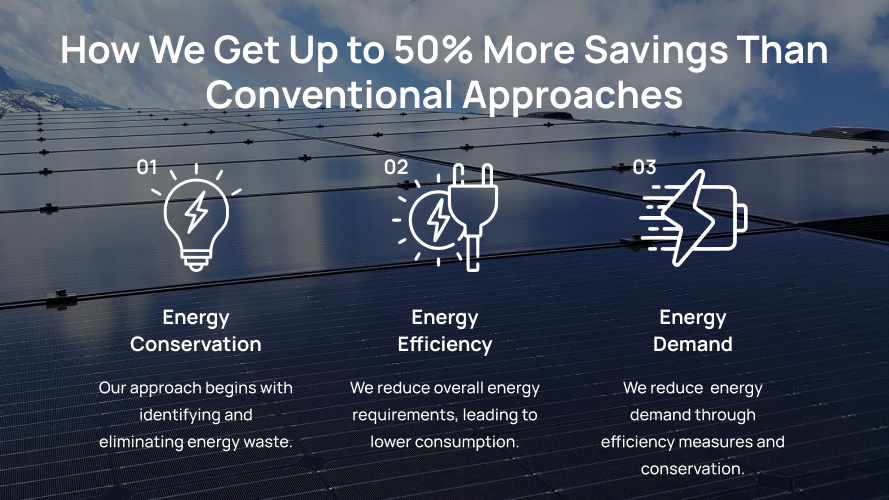
How Long Does A Commercial Solar System Typically Last?
Commercial solar systems typically have a lifespan of around 25 to 30 years. However, the actual lifespan can be influenced by several factors:
- Component Quality: The quality of solar panels, inverters, and other system components plays a significant role in determining the system’s longevity. High-quality components are likely to last longer and perform better over time.
- Maintenance: Regular maintenance can extend the life of your solar system. Cleaning panels, checking for any issues, and addressing them promptly can help ensure optimal performance.
- Climate: SA’s climate, with its abundant sunlight, is generally favourable for solar energy production. However, extreme weather conditions like hailstorms or heavy rains can impact the system’s durability.
- Usage and Wear: How intensively the system is used can affect its lifespan. If a system is subjected to heavy usage, it might experience more wear and tear.
- Technological Advances: Over the years, solar technology continues to evolve. While the core components might last for decades, you might consider upgrading or replacing certain components to take advantage of newer, more efficient technologies.
- Warranties: Many reputable solar manufacturers offer warranties ranging from 20 to 25 years for their panels. This can give you a good idea of the expected lifespan.
Regular monitoring, maintenance, and adherence to manufacturer guidelines can help you get the most out of your commercial solar system’s lifespan in South Australia. It’s also worth noting that while the system’s energy production might slightly decrease over the years, well-maintained solar systems can still provide a significant amount of energy throughout their operational life.





